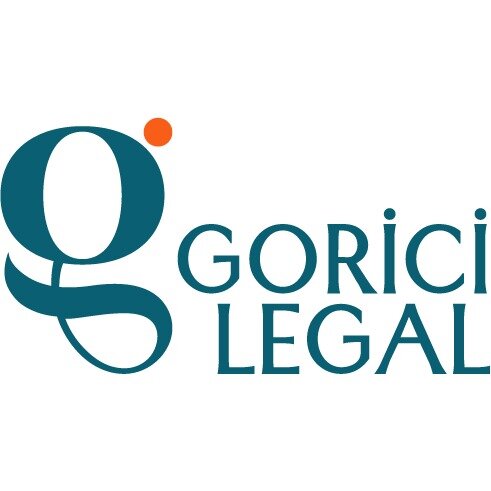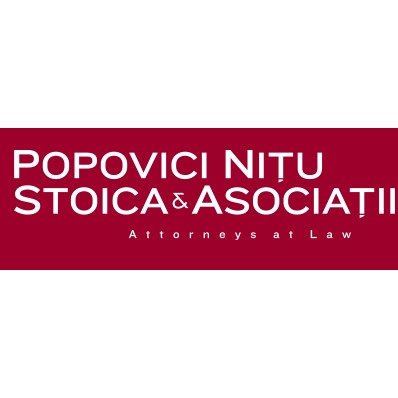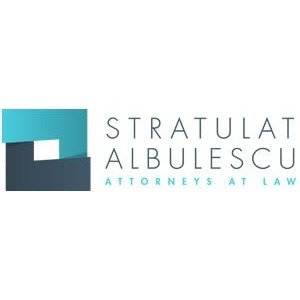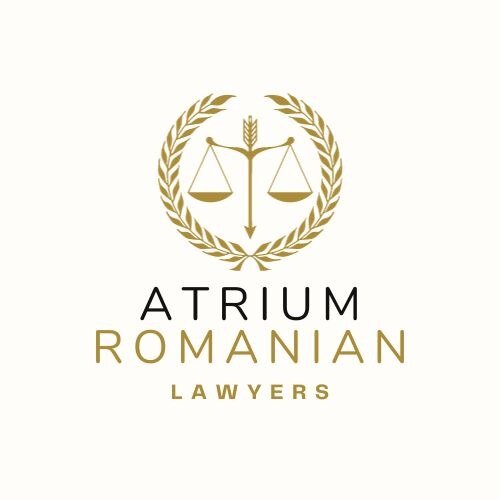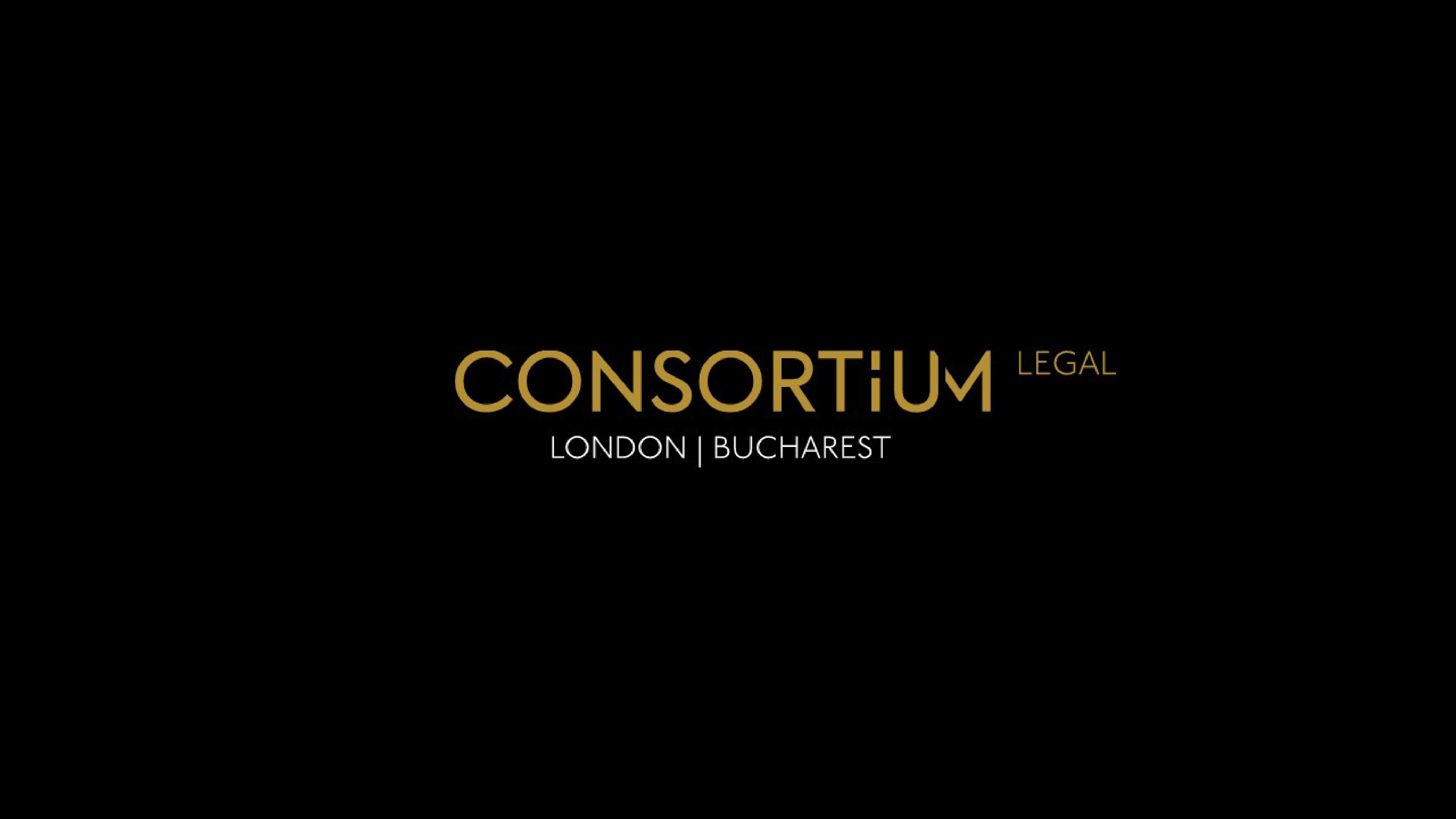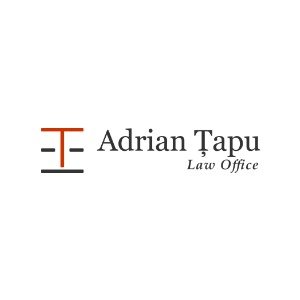Best Job Discrimination Lawyers in Bucharest
Share your needs with us, get contacted by law firms.
Free. Takes 2 min.
List of the best lawyers in Bucharest, Romania
About Job Discrimination Law in Bucharest, Romania
Job discrimination in Bucharest, and Romania as a whole, is regulated under national and European legislation aimed at ensuring equal treatment in employment. Discrimination can occur based on various factors including age, gender, race, ethnicity, disability, sexual orientation, religion, and more. The Romanian Constitution, Labor Code, and various government ordinances work together to protect individuals from discriminatory practices in the workplace. Employers are legally obligated to provide equal opportunities and treatment to all employees and job applicants, making it crucial for individuals to understand their rights and the avenues available for legal recourse in cases of suspected discrimination.
Why You May Need a Lawyer
Job discrimination cases can be complex, requiring thorough documentation and a deep understanding of applicable laws. Individuals may need legal help in various situations, such as:
- Experiencing unfair treatment during a hiring process or job promotion.
- Facing harassment or a hostile work environment due to a personal characteristic.
- Having one's employment terminated on discriminatory grounds.
- Being subject to workplace policies or practices that disproportionately disadvantage certain groups.
- Needing to negotiate settlements or represent oneself before legal or administrative bodies.
A lawyer specializing in employment law can offer guidance, represent your interests in court, or help mediate disputes with employers.
Local Laws Overview
The primary laws concerning job discrimination in Bucharest include:
- The Romanian Labor Code: This forms the foundation for employment law in Romania, prohibiting any direct or indirect discrimination against employees based on various personal attributes.
- Government Ordinance No. 137/2000: A dedicated piece of legislation addressing the prevention and sanctioning of all forms of discrimination in Romania.
- The Romanian Constitution: Provides a legal framework affirming the principles of equality and non-discrimination.
- European Union Directives: As a member of the EU, Romania is bound by EU directives on anti-discrimination, which are integrated into national legislation.
Frequently Asked Questions
What constitutes job discrimination in Romania?
Job discrimination refers to any unjust or prejudicial treatment of individuals in employment settings due to characteristics such as gender, age, race, ethnicity, religion, disability, or sexual orientation.
How can I prove discrimination at work?
Evidence is crucial in proving discrimination. This can include documentation, such as emails or recordings, witness statements, or statistical evidence showing a pattern of behavior that indicates discrimination.
What steps should I take if I experience job discrimination?
Document all instances of discrimination, report the issue to your employer or HR department if applicable, and consult with a legal professional to explore your options.
Can I file a complaint with a public body?
Yes, you can file a complaint with the National Council for Combating Discrimination, which handles issues of discrimination in Romania.
What remedies are available for discrimination victims in Romania?
Victims may be entitled to compensation, reinstatement to a job, or other corrective measures as determined by the court or an appropriate authority.
Is there a deadline for filing a discrimination claim?
Typically, claims should be filed within two years of the discriminatory act. However, consulting with a lawyer can provide specific advice applicable to your situation.
Can I discuss my discrimination case publicly?
While discussing your case is within your rights, it is advisable to consult with your lawyer regarding what information can be shared publicly without jeopardizing your legal standing.
What role do unions play in addressing job discrimination?
Unions can provide support, advice, and representation for employees experiencing discrimination, often negotiating on behalf of their members to resolve such issues.
Will my job be protected if I report discrimination?
Romanian law prohibits retaliation against employees who report discrimination. If retaliation occurs, it can be grounds for further legal action.
How can I prevent discrimination in my workplace?
Promoting diversity, implementing clear anti-discrimination policies, and providing regular training can help create an inclusive workplace environment.
Additional Resources
For further assistance, consider reaching out to the following resources:
- National Council for Combating Discrimination: This body handles discrimination claims in Romania and can provide guidance on how to file a complaint.
- Labour Inspectorate: Responsible for ensuring compliance with the labor laws and can be a valuable resource for understanding your employment rights.
- European Anti-Discrimination NGOs: These organizations offer support for victims of discrimination and can offer additional resources and advice.
Next Steps
If you believe you have experienced job discrimination in Bucharest, consider taking the following steps:
- Document the discriminatory behavior and gather any evidence that may support your case.
- Approach your employer or human resources department to formally report the incident.
- Consult with a lawyer specializing in employment law to assess your situation and explore potential legal actions.
- Consider filing a complaint with the National Council for Combating Discrimination if internal resolution efforts are unsuccessful.
Seeking professional legal advice can clarify your options and help ensure that your rights are protected throughout the process.
Lawzana helps you find the best lawyers and law firms in Bucharest through a curated and pre-screened list of qualified legal professionals. Our platform offers rankings and detailed profiles of attorneys and law firms, allowing you to compare based on practice areas, including Job Discrimination, experience, and client feedback.
Each profile includes a description of the firm's areas of practice, client reviews, team members and partners, year of establishment, spoken languages, office locations, contact information, social media presence, and any published articles or resources. Most firms on our platform speak English and are experienced in both local and international legal matters.
Get a quote from top-rated law firms in Bucharest, Romania — quickly, securely, and without unnecessary hassle.
Disclaimer:
The information provided on this page is for general informational purposes only and does not constitute legal advice. While we strive to ensure the accuracy and relevance of the content, legal information may change over time, and interpretations of the law can vary. You should always consult with a qualified legal professional for advice specific to your situation.
We disclaim all liability for actions taken or not taken based on the content of this page. If you believe any information is incorrect or outdated, please contact us, and we will review and update it where appropriate.



